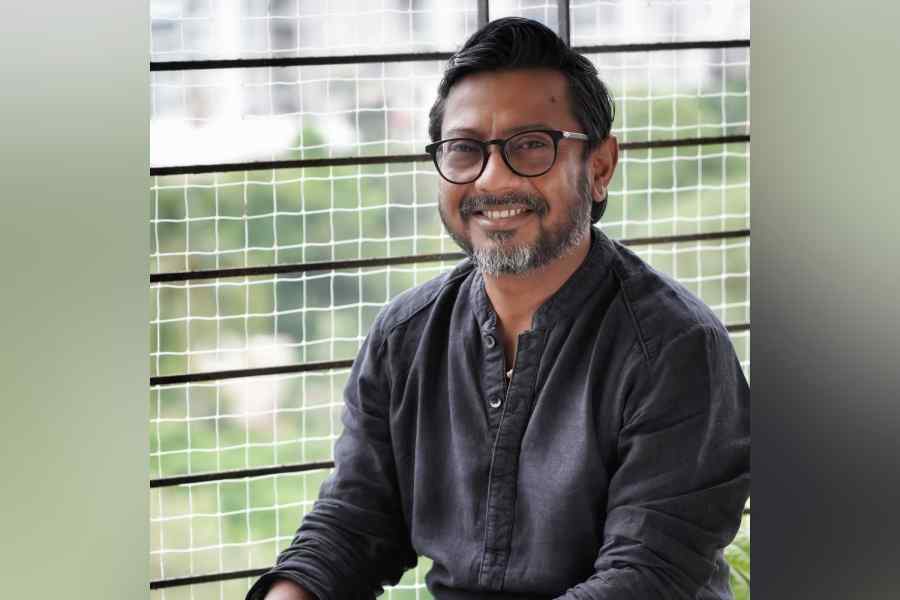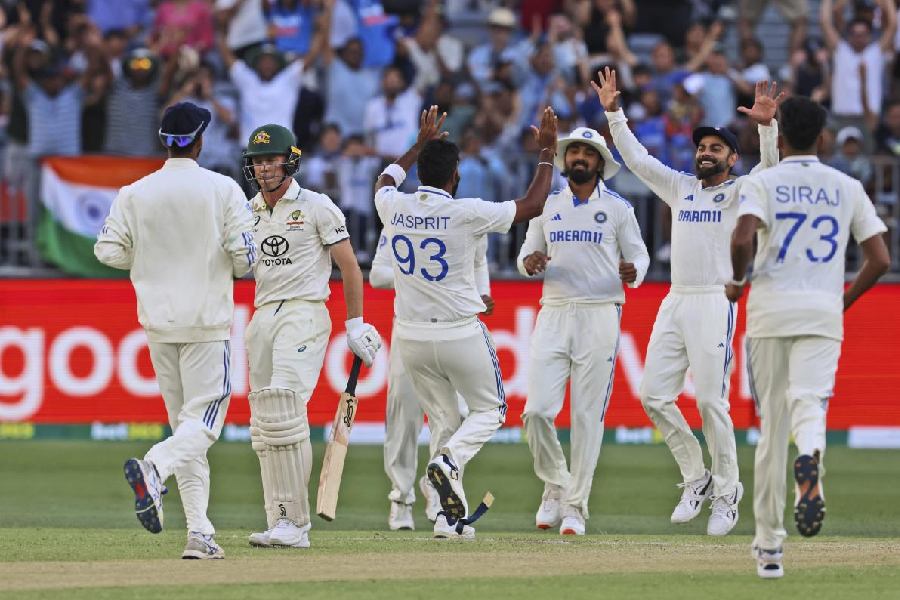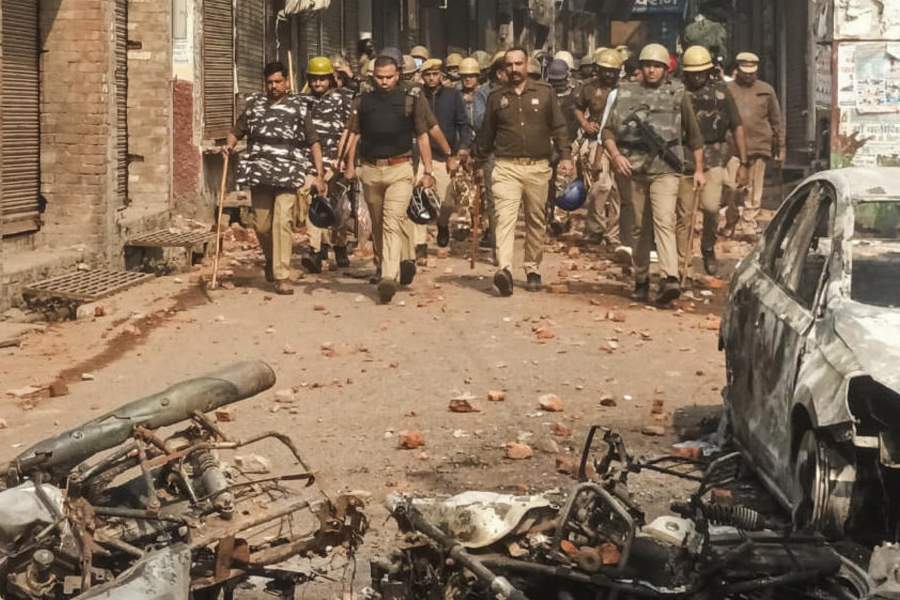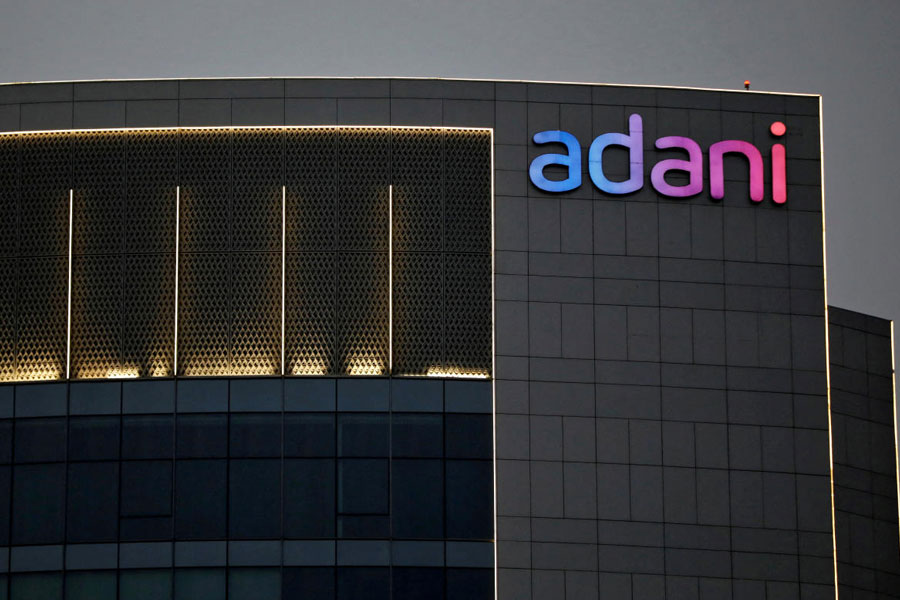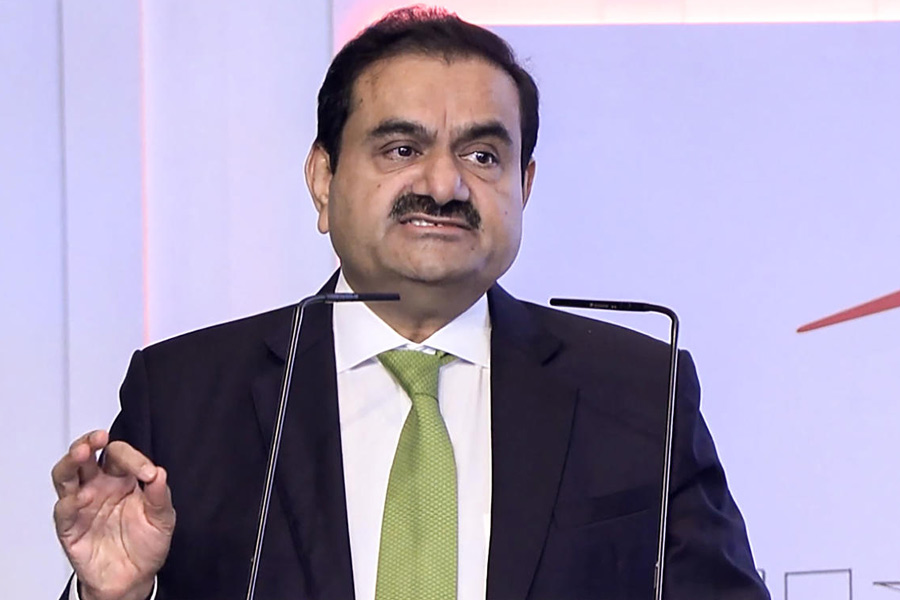Ahead of the 2024 Lok Sabha polls, when the political discourse appears to be heavily tilted towards a conservatism pushed forward by the Sangh Parivaar, the Congress following the CPM in acknowledging the rights of the LGBTQIA+ community comes as a tiny flicker of hope.
“I hope more parties overcome the fear and speak in favour of equal rights for the LGBTQ+ community,” says Onir, a Mumbai-based filmmaker and author who has been chronicling the journey of the LGBTQ+ community towards acceptance, love and equality. “For me it is important that a political party treats me as an equal citizen without belittling another one.”
The author of the book, ‘I am Onir & I am Gay, said that he also hoped “marriage equality” will find a mention too while sharing a post on social media with all the points that the CPM had made in its manifesto, released on Thursday, towards protection of gay rights.
In March 2012, the government had revealed the population of gay men in India to be around 25 lakh. Twelve years later, the LGBTQ community is estimated to be around 10 per cent of the population, with around 135 million.
“If in the largest democracy in the world, the equality factor for such a huge population is ignored then how is it even a democracy?” asks the filmmaker, who has been equally vocal about the genocide in Gaza perpetrated by Israel.
“We have all these years been resisting peacefully. Have you ever heard of a gay person taking up guns for being persecuted?” asks Onir, a celebrated filmmaker known for such works as I Am, Bas Ek Pal, Shab and Kuch Bheege Alfaaz.
All these years when he went to the polling booth to cast his vote, the "invisiblisation" of the gay, lesbian and queer community bothered him. But, like with other voters, he had other issues to consider too. “Plus, in those days, gay rights hardly ever was a part of the social discourse,” he says.
Ahead of the 2014 Lok Sabha polls, Onir was left deeply disappointed when a political party (which he would not name) held several meetings with members of the community in Mumbai but made no mention of its stand on the question of gay rights when it finally released its manifesto.
“It was disappointing. Those who oppose and are vocal about their opposition I can understand. But this was a party which claimed to support us but backtracked,” he says. “Someone who does not respect my dignity does not deserve my vote.”
That was the same year, more than 15 months before the United States Supreme Court finally gave the nod to full marriage equality, when CPM became the first party to speak for gay rights in India. The CPM did not field any nominee from any of the Mumbai constituencies that year.
This time, while the CPM and the Congress in India were preparing the manifesto, on March 27 Thailand became the third country --- after Taiwan in 2019 and Nepal in 2023 ---- to legalise same sex marriage in Asia. Of the 400 members in the Thai House of Representatives, only 10 opposed the bill, which awaits the nod from the Senate and an endorsement from the King before marriage equality becomes a reality in the South-East Asian country.
Incidentally, India is among the list of countries that Human Rights Campaign (HRC) Global is tracking on marriage equality.
The developments in Nepal and Thailand give hope to Onir. “South Asia and South-East Asia are moving towards a more inclusive world. Why will India will not be a part of it? The fact that two national parties have taken a stand is a major win,” says Onir.
“I am waiting for the Aam Aadmi Party to make its stand clear. Calcutta was where India’s first pride rally took place. I would expect the Trinamul to speak out,” he adds.
The Supreme Court of India referred the matter of same sex marriage back to the legislature in 2023. The RSS-BJP’s opposition to same sex marriage is well spelled out.
More than the political it is the churning in the society that makes Onir hope that marriage equality would be a reality in India too.
“Businesses, programmes are being created targeting the community. This would not be possible if the numbers were not high. I wish more people would come out from the closet. Those in the corporate world, in films, in sports,” says Onir. “Now trans actors are working. I believe this (the two manifestos) would have a ripple effect, though whether India ultimately allows same-sex marriage will depend on the party that comes to power. But at least some have come forward to show their solidarity. The ultimate aim is marriage equality in every country.”

